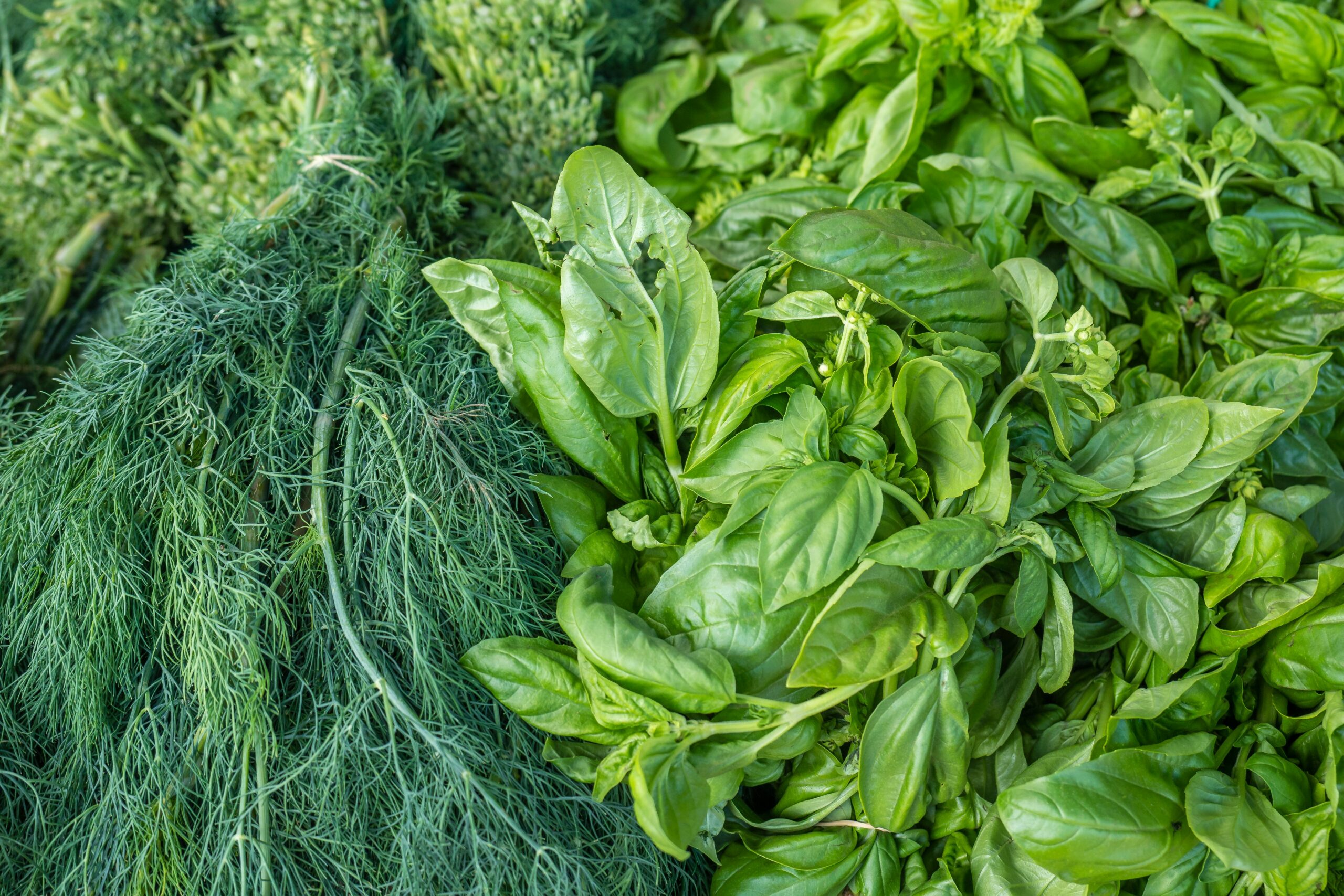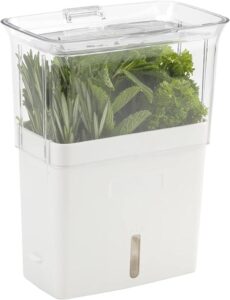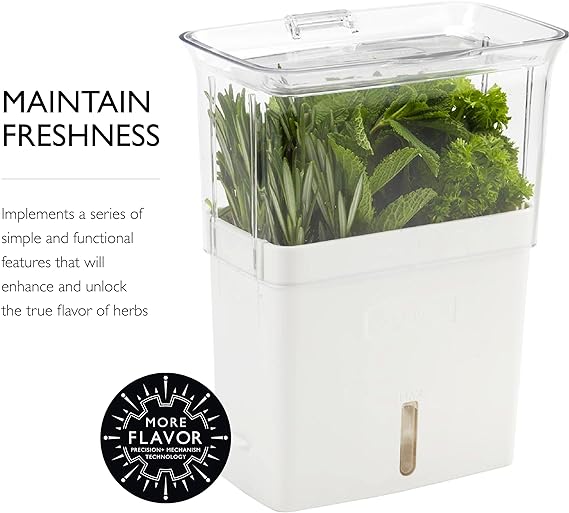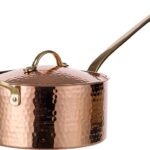The Wonderful Joy of Cooking with Fresh Herbs in 2024: Elevate Your Dishes

Cooking with fresh herbs can transform your meals from ordinary to extraordinary. There’s nothing like the burst of flavor that fresh herbs add to any dish. They bring color, aroma, and a depth of taste that dried herbs can’t match. Let’s explore the benefits of using fresh herbs in your cooking and learn some tips to make the most of these leafy wonders.
Table of Contents
Why Fresh Herbs
First off, let’s talk about why you should bother with fresh herbs in the first place. Cooking with fresh herbs isn’t just about making your food taste better (though it definitely does that). Fresh herbs are packed with nutrients and antioxidants that are great for your health. They’re also incredibly versatile, whether you’re making a simple salad, a hearty stew, or a delicate dessert.
Picking and Storing Fresh Herbs
The first step in cooking with fresh herbs is choosing the right ones and storing them properly. Here’s how:
Selecting Fresh Herbs
When buying fresh herbs, look for vibrant, green leaves without any signs of wilting or browning. They should smell fragrant, not musty or sour. If you’re growing your own, harvest them in the morning after the dew has dried for the best flavor.
Storing Fresh Herbs
To keep your herbs fresh longer, treat them like flowers. Trim the stems and place them in a jar of water. Cover them loosely with a plastic bag and store them in the refrigerator. For more delicate herbs like basil, keep them at room temperature away from direct sunlight.
Basic Fresh Herb Pairings
Knowing which herbs to pair with different foods is crucial. Here are some classic combinations:
- Basil: Perfect with tomatoes, mozzarella, pasta, and chicken.
- Cilantro: Great with Mexican and Thai dishes, seafood, and beans.
- Dill: Pairs well with fish, potatoes, and cucumbers.
- Rosemary: Excellent with lamb, pork, and roasted vegetables.
- Thyme: Ideal for poultry, beef, and stews.
- Parsley: Versatile with almost anything, especially salads and dressings.
Tips for Cooking with Fresh Herbs
Once you’ve got your fresh herbs ready, it’s time to start cooking. Here are some tips to help you get the most out of them:
Add Herbs at the Right Time
Fresh herbs are delicate and can lose their flavor if cooked for too long. Add them towards the end of cooking to preserve their fresh taste. Hardier herbs like rosemary and thyme can be added earlier to infuse their flavors into the dish.
Use the Stems Too
Don’t discard the stems of soft herbs like cilantro and parsley—they’re full of flavor. Finely chop them and add them to your dishes. For woody herbs like rosemary and thyme, the stems can be added to stocks and removed before serving.
Chop Gently
When chopping fresh herbs, use a sharp knife and chop them gently. A dull knife can bruise the herbs and cause them to lose their essential oils and flavor.
Experiment with Quantities
Fresh herbs have a more intense flavor than dried ones, so you might need to adjust the quantities. A general rule of thumb is to use three times the amount of fresh herbs as you would dried. But don’t be afraid to taste as you go and adjust according to your preference.
Recipes That Shine with Fresh Herbs
To get you started on your fresh herb journey, here are a few simple recipes where herbs take center stage:
Herb-Infused Olive Oil
This is a fantastic way to add a burst of flavor to your cooking. Simply warm some olive oil over low heat and add your favorite fresh herbs. Let it steep for a bit, then strain out the herbs. Use this infused oil in salads, pasta, or as a dipping sauce.
Fresh Herb Pesto
Pesto isn’t just for basil. You can use a variety of fresh herbs to create different flavors. Try a combination of parsley, cilantro, and mint for a unique twist. Blend the herbs with garlic, nuts, Parmesan cheese, and olive oil for a delicious, versatile sauce.
Herbed Butter
Herbed butter is a simple way to elevate any dish. Mix softened butter with finely chopped fresh herbs, garlic, and a pinch of salt. Roll it into a log, wrap in plastic, and chill. Slice off a piece to melt over grilled meats, vegetables, or fresh bread.
Garden-Fresh Salad
Make your salads sing with fresh herbs. Toss mixed greens with a handful of chopped fresh herbs like parsley, dill, and chives. Add a simple vinaigrette, and you’ve got a vibrant, flavorful salad.
Preserving Fresh Herbs
Sometimes you’ll have more fresh herbs than you can use before they go bad. Here are a few ways to preserve them:
Freezing
Chop the herbs and place them in ice cube trays. Fill the trays with water or olive oil and freeze. Pop out the cubes and store them in a freezer bag. You can add these directly to soups, stews, or sauces.
Drying
If you prefer dried herbs, you can dry your own. Tie the herbs into small bundles and hang them upside down in a dry, well-ventilated area. Once they’re completely dry, crumble the leaves and store them in an airtight container.
Fresh herbs bring incredible flavor and nutrition to your meals, but keeping them fresh can often be a challenge. This is where herb keepers become an indispensable tool in your kitchen. Designed to extend the life of delicate herbs like parsley, cilantro, and basil, herb keepers maintain optimal humidity levels and prevent premature wilting. These containers make it easy to stock fresh herbs without worrying about them losing their vibrant aroma or texture in just a matter of days.
Investing in a reliable herb keeper means you can enjoy the benefits of fresh herbs anytime without the hassle of constantly buying replacements. Whether you’re storing store-bought herbs or freshly picked herbs from your garden, the right herb keeper not only preserves their freshness but also helps you save time and money by reducing waste. Browse through Amazon to discover highly-rated herb keepers that fit perfectly into your kitchen setup—an essential addition for home cooks who love working with fresh flavors.
Final Thoughts
Cooking with fresh herbs is a game-changer. They add a layer of flavor, aroma, and visual appeal that’s hard to beat. Whether you’re a novice cook or a seasoned chef, incorporating fresh herbs into your dishes can elevate your cooking to new heights. So next time you’re at the market, grab a bunch of fresh herbs and start experimenting!
Read More:
6 Easy and Healthy Grill Pan Recipes
Pros and Cons of Buying Carbon Steel Cookware
Are Hexclad Pots and Pans Induction Compatible?
FAQs
1. What is a herb keeper, and how can I buy it?
A herb keeper is a specially designed storage container that helps maintain the freshness of fresh herbs like cilantro, parsley, basil, or mint. Most herb keepers feature built-in water reservoirs and controlled humidity systems to keep herbs hydrated while allowing airflow to prevent wilting and spoilage. Click here to see all types of these herb keepers.
2. What types of herbs can I store in a herb keeper?
Herb keepers are ideal for leafy herbs like basil, parsley, cilantro, dill, mint, and chives. They can also be used for woody herbs like thyme and rosemary, though they naturally stay fresh longer compared to delicate leafy herbs.
3. How long will herbs stay fresh in a herb keeper?
With a quality herb keeper, fresh herbs can last up to two to three weeks, depending on the herb type and how fresh they were when stored. This significantly extends the lifespan of herbs compared to traditional storage methods.
4. Do herb keepers require a lot of maintenance?
Not at all! Herb keepers are simple to use and require minimal upkeep. You’ll need to change the water in the reservoir every few days to ensure optimal freshness and occasionally clean the container to maintain hygiene.
5. Are herb keepers worth to buy?
Absolutely! Herb keepers prevent food waste and save money by ensuring your herbs don’t spoil quickly. They’re ideal for anyone who regularly cooks with fresh herbs and wants to enjoy their vibrant flavors while reducing trips to the grocery store.






